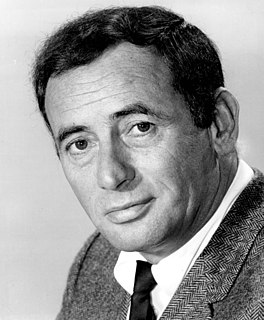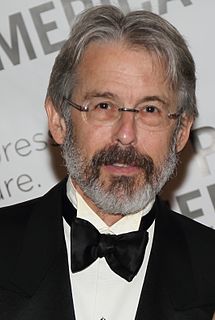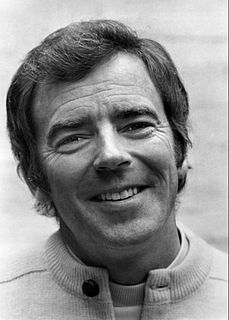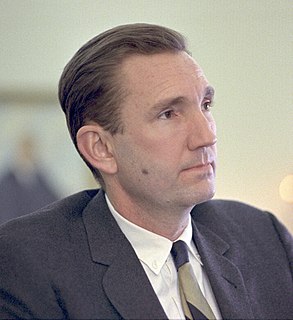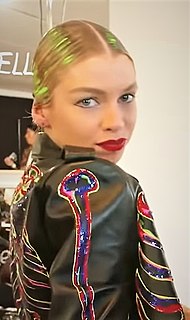A Quote by Patrisse Cullors
In 'When They Call You a Terrorist,' I reflect on my time growing up in Van Nuys, California, surrounded by my devoted family and supportive friends, weaving our experiences into the larger picture of how predominantly marginalized neighborhoods are under constant systemic attack.
Related Quotes
Why do terrorist attacks that kill a handful of Europeans command infinitely more American attention than do terrorist attacks that kill far larger numbers of Arabs? A terrorist attack that kills citizens of France or Belgium elicits from the United States heartfelt expressions of sympathy and solidarity. A terrorist attack that kills Egyptians or Iraqis elicits shrugs. Why the difference? To what extent does race provide the answer to that question?
It’s a strange sort of attack, to be sure: a wonderfully pacific attack, a supportive attack, an attack without the slightest intention or capacity to cause harm, consisting, as it does, of the earnest wish of certain loving couples to join themselves to that very institution and thus to feel themselves, and be accepted as, full members of the American (and human) family.
You grow up inside these neighborhoods and these communities, and you have friends, friends that you love, friends that you grew up with since elementary. And you have their trust, and you have their loyalty. So it brings influence. So no matter how much of a leader I thought I was, I was always under the influence, period.
For me, growing up in a ridiculously poor family living in dead-end neighborhoods, Superman was a deeply personal icon, one that said you can do anything if you put your mind to it. What he stood for formed the core of who I wanted to be as I grew up, and informed how I view the world and my responsibilities to other people.
Where would we be without our friends? Honestly, every friend is so unique and special. I have my friends back in New Zealand; I have my friends in New York and California. Then you have your friends who are your family. Barbara Palvin falls into that category. I have a lot of love for all my friends.
Where would we be without our friends? Honestly, every friend is so unique and special. I have my friends back in New Zealand, I have my friends in New York and California. Then you have your friends who are your family. Barbara Palvin falls into that category. I have a lot of love for all my friends.




